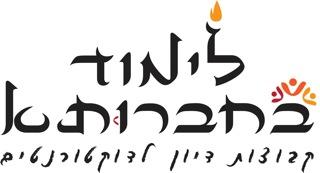The fourth meeting focused on how trauma is expressed in literary studies. Avigail Aravna (The Hebrew University) spoke about how traumatic experience - wars, cataclysms, destruction, losses and forced relocation - has influenced the creation of the biblical books how it is represented - eschatology and victimhood. The image of God comes as the representation of hope in tragic situations of terrible losses and mourning. Her presentation explored different bibliography, among which, the article Stulman, L. “Ezekiel as Disaster/Survival Literature: Speaking on Behalf of the Losers”. In The Prophets Speak on Forced Migration, edited by Boda, M., Ames, F. and Leuchter, M. 21, 133-145. Atlanta: Society of Biblical Literature.
Marcia Vinha (The Hebrew University) departed from psychoanalytical referents to literary ones, in order to explore how traumatic experience and its impact is represented in words. Freud’s definition of trauma led to its cultural understanding (as Jeffrey Alexander conveys in the sphere of sociology, comprising the function of literature in society), and the discussion culminated in the literary effects a writer consciously achieves in his readers. The suggested reading for this presentation was Caruth, C. 1996. “Introduction”. In Unclaimed Experience: Trauma, Narrative and History. Baltimore: John Hopkins University Press.

